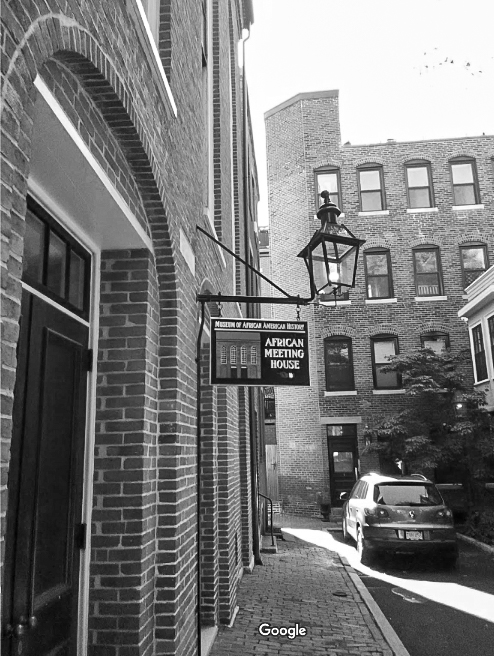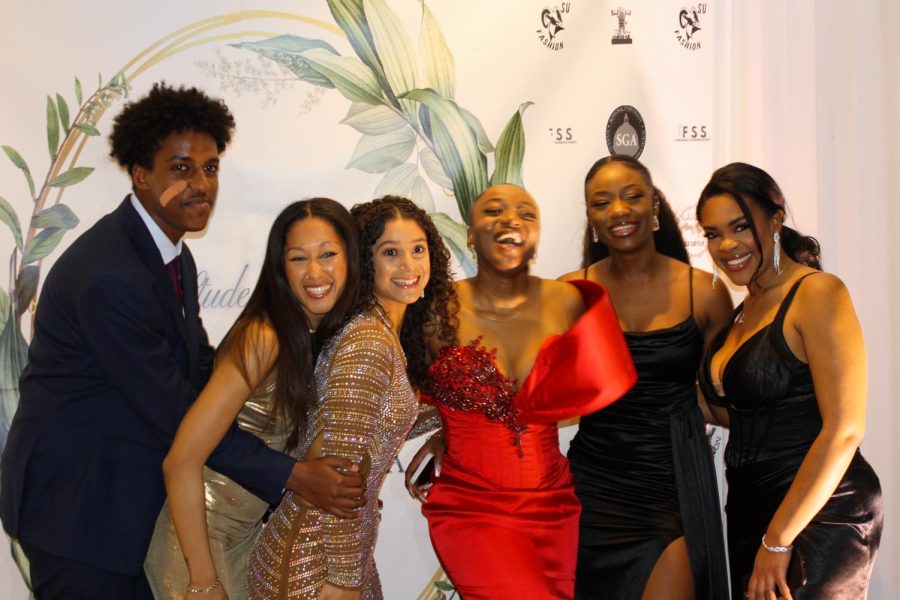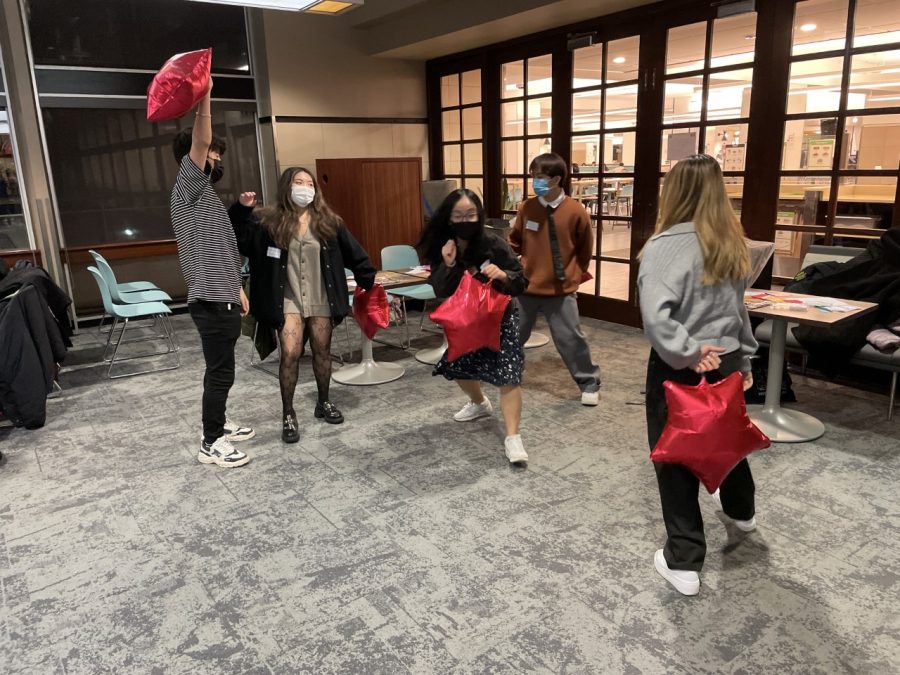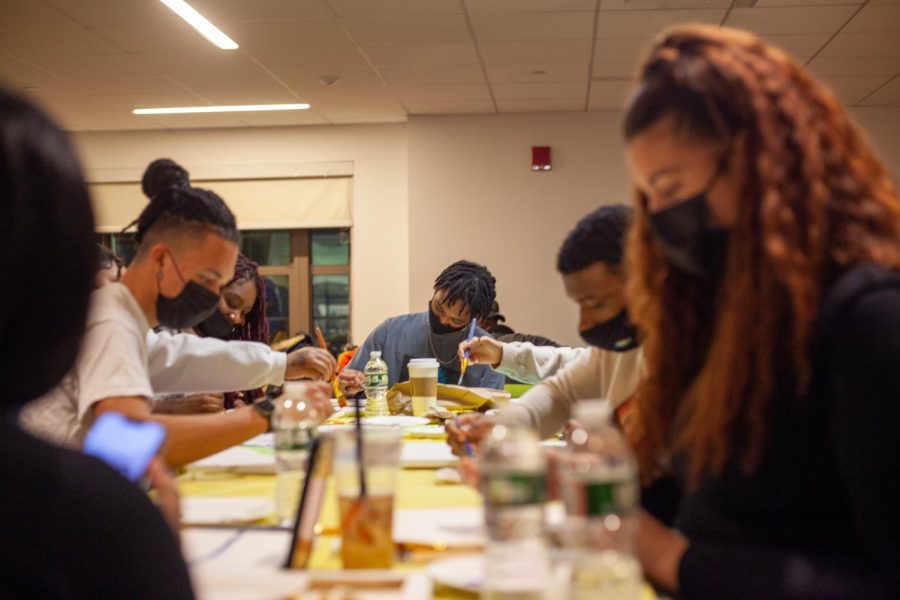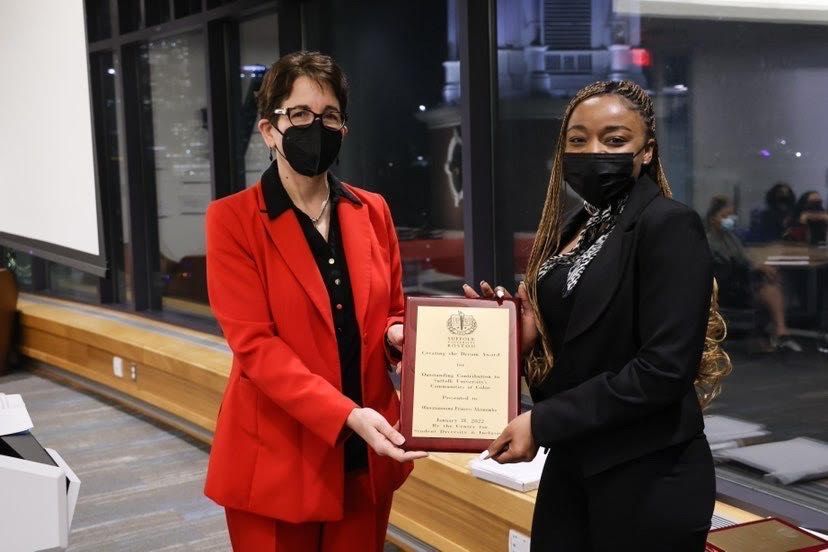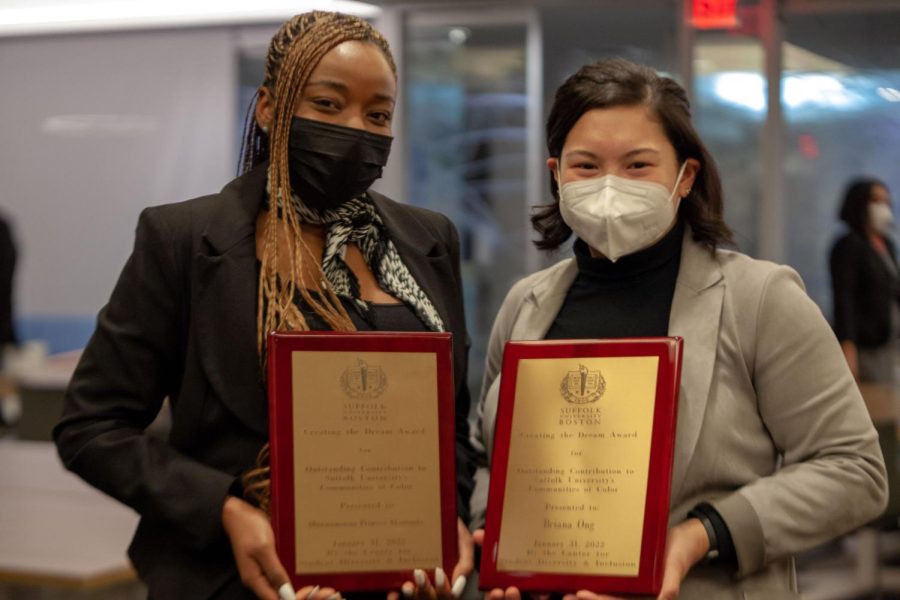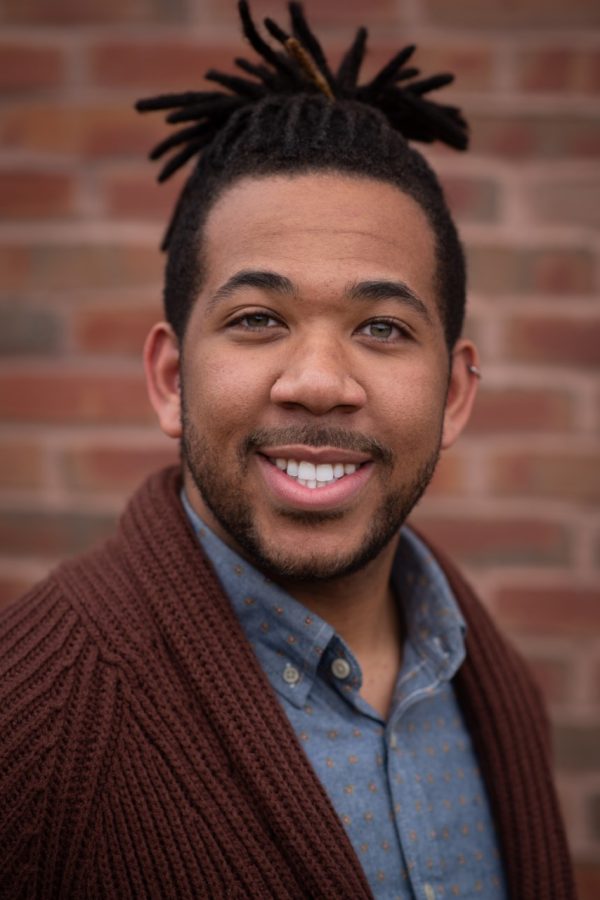This year, Suffolk celebrates the 25th anniversary of the Black Studies program. The anniversary will come with a year-long celebration, which started at the Celebration of Black Excellence Dinner on Friday.
“The Black Studies minor is significant because it studies Black people in the world. For example, their perspective, their history, their culture and their effect on society,” said Berlie Dejean, a senior at Suffolk, in an interview with The Suffolk Journal. “It can apply to any major you’re in and is not exclusive to Black students.”
Students taking these courses are given the opportunity to immerse themselves in Black culture, first studying Introduction to Black Studies I and II, then choosing three electives to earn credits for the minor. Students in the minor have been able to take courses covering topics like the history of Senegal and bussing in Boston.
Gaelle Gourgues, who graduated from Suffolk in 1997, said the Black Studies program and its founder, Associate History Professor Robert Bellinger, had a profound impact on her.
“[Professor Bellinger] changed my life,” said Gourgues in an interview with The Journal. “He taught African American History and I went around wanting to change the world after that class.”
The affiliations of the program include the Museum of African American History, Boston African American Historic Site through the National Park Service and the Géwël Tradition Project.
Students from any background are encouraged to take these courses, as it can give students an in-depth understanding of Black culture and the world around them.
Those in the minor have access to Suffolk’s collection of African American Literature in the Sawyer Library. The collection is comprised of more than 5,000 volumes and periodicals of work by Black authors.
Mardochee Sylvestre, a junior at Suffolk University and vice president of the Black Student Union, is also taking courses in the Black Studies minor.
“You get to learn more from an Afrocentric perspective,” said Sylvestre in an interview with The Journal. “You are able to choose what interests you.”
Dejean said a student’s major can often correlate with the Black Studies Program.
“As a Biology major taking Black Studies, Professor Bellinger has shown me many Black scientists that were part of many research discoveries, so it has helped me feel more connected [to my field],” said Dejean.
The Black Studies minor requirements include classes like West African History Through Film and Literature and the History of Black Music in America. For more information on the program, go to www.suffolk.edu and search Black Studies minor.


